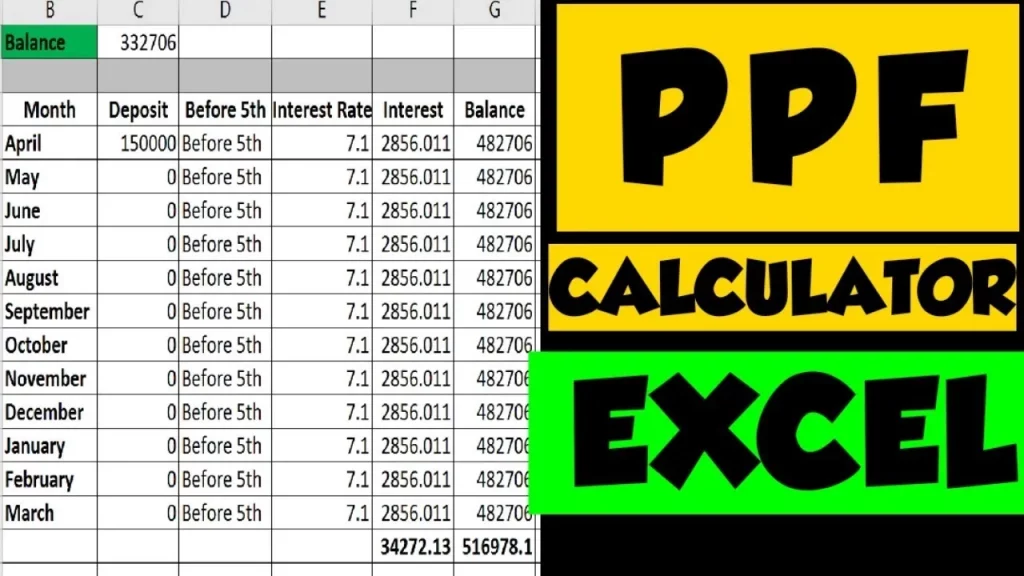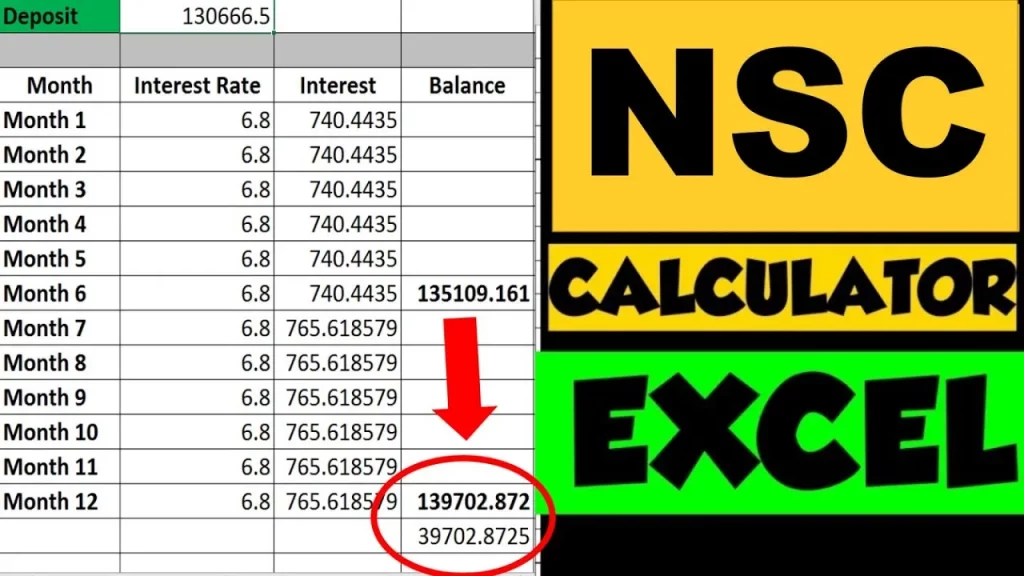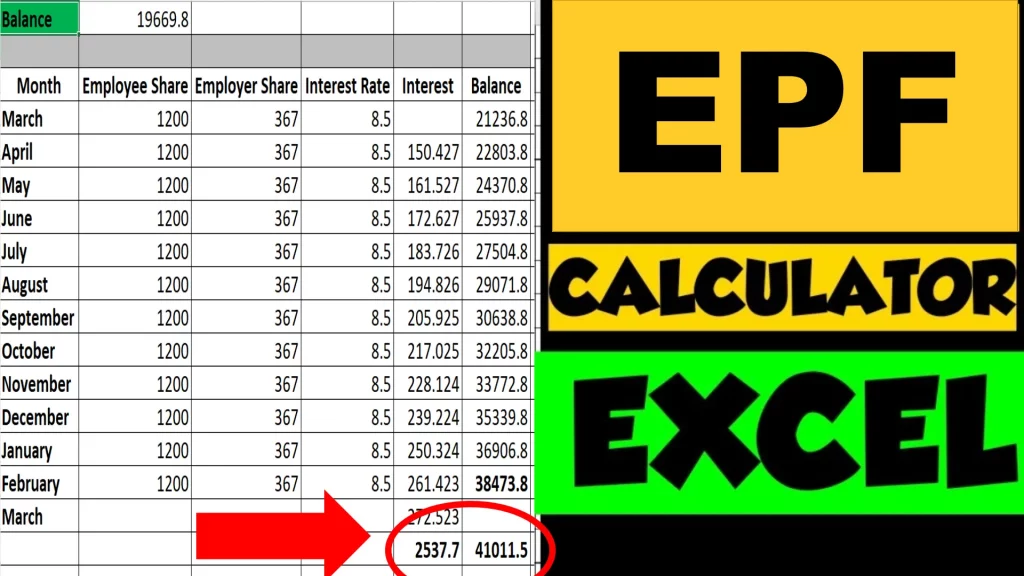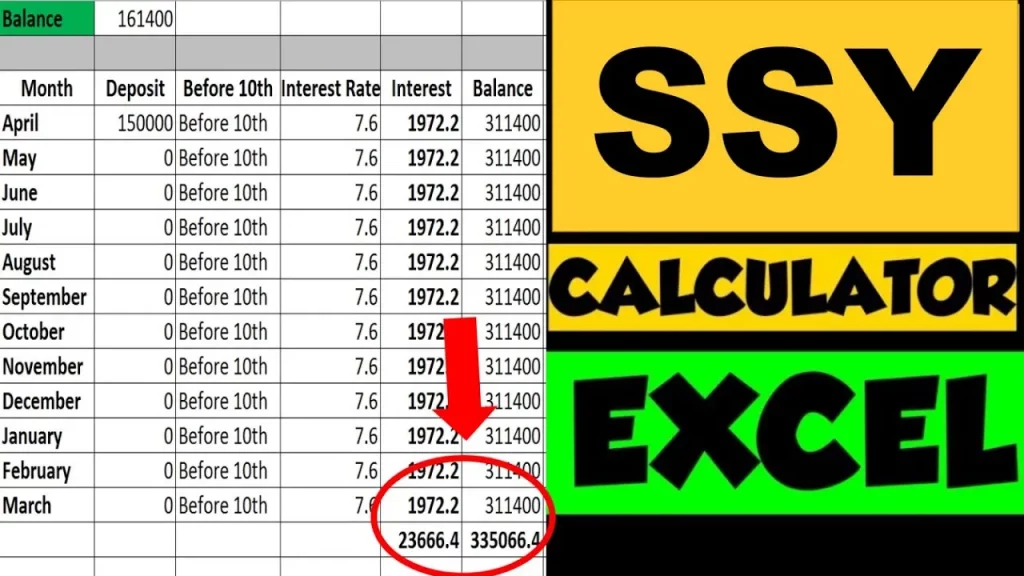Recognizing the difference between a fixed salary and a variable salary has the potential to enhance your earning capabilities. Moreover, when you find yourself in an interview for a new position, this knowledge can assist you in negotiating your salary arrangement more effectively. Let’s dive in and take a look at what is fixed salary and what is variable salary.
What is Fixed Salary?
A fixed salary refers to the predetermined amount an employee receives at the end of each month, regardless of their performance. This provides a sense of stability and financial security, which can be reassuring for those seeking a predictable income.
However, in metro cities, the rising costs of living can make it challenging to manage on a monthly salary alone. Unforeseen financial situations can arise, demanding prompt attention. In such instances, employees can benefit from financial solutions like advance salary loans, personal loans, and credit cards. These options provide essential financial flexibility and rapid access to funds when needed most. By leveraging these financial products, employees can navigate emergencies more effectively and manage their finances with greater ease
One potential drawback of a fixed salary is that it may not provide adequate motivation for high-performing employees. Since there are no additional incentives or rewards tied to exceptional performance, it may result in a lack of drive and ambition among some individuals. Consequently, it is important for organizations to explore ways to keep their employees engaged and motivated, even in the absence of variable pay.
Practical Considerations For Fixed Salary
When considering a job offer with a fixed salary, it’s important to weigh the benefits and drawbacks carefully. Here are some practical considerations to keep in mind:
- Budgeting: With a fixed salary, budgeting becomes more straightforward since you know exactly how much money you will receive each month. This predictability allows for better financial planning and can help you manage your expenses more effectively.
- Emergency Funds: Even with a fixed salary, it’s crucial to maintain an emergency fund to cover unexpected expenses. Having three to six months’ worth of living expenses saved can provide a financial cushion in case of unforeseen events such as medical emergencies or job loss.
- Additional Income Streams: To supplement a fixed salary, consider exploring additional income streams such as freelance work, part-time jobs, or investments. Diversifying your sources of income can enhance your financial stability and increase your overall earnings.
- Cost of Living Adjustments: In some organizations, fixed salaries may include periodic cost of living adjustments to account for inflation. It’s important to understand whether such adjustments are part of your salary package and how they impact your overall earnings over time.
- Negotiation: When negotiating a fixed salary, be prepared to discuss your skills, experience, and the value you bring to the organization. Research industry standards and salary benchmarks to ensure you receive a competitive offer that reflects your qualifications.
Love Reading Books? Here are some of the Best Books you can Read: (WITH LINKS)
What is Variable Salary?
A variable salary encompasses the additional compensation an employee receives based on their performance during a specific period. This component can be monetary or non-monetary and is contingent upon factors such as achieving predetermined targets, completing assigned tasks, or the overall performance of the company.
Variable pay introduces a performance-based incentive structure that motivates employees to strive for excellence and rewards them accordingly. By offering the opportunity for higher earnings, variable salary arrangements often contribute to talent retention and improved job satisfaction.
ALSO READ: Income Tax Calculation on Salary Payslip
Practical Considerations for Variable Salary
When evaluating a job offer with a variable salary component, it’s important to understand how it will impact your overall earnings and financial stability. Here are some key considerations:
- Performance Metrics: Understand the specific performance metrics that determine your variable pay. These could include individual targets, team goals, or company-wide performance indicators. Clarity on these metrics will help you gauge the feasibility of achieving your targets and earning the variable component.
- Consistency: Variable pay can fluctuate based on performance, which may result in inconsistent monthly earnings. To mitigate this, create a budget that accounts for potential income variability and ensures you can cover your essential expenses even during lower-earning periods.
- Communication: Maintain open communication with your employer regarding performance expectations and feedback. Regular check-ins with your manager can help you stay on track to meet your targets and maximize your variable pay.
- Professional Development: Invest in your professional development to enhance your skills and performance. This can increase your chances of achieving your targets and earning higher variable pay. Seek opportunities for training, certifications, and skill-building within your organization.
- Long-Term Goals: Consider how the variable salary aligns with your long-term career goals. While variable pay can provide immediate financial rewards, it’s important to assess whether the role offers opportunities for growth, advancement, and skill development.
ALSO READ: Rs. 2000 SIP Returns for Long Term
Balancing Fixed and Variable Components
The proportion of fixed salary to variable salary varies depending on the employee’s role. Generally, individuals engaged in sales activities tend to have a larger variable component compared to those in execution-based roles. For instance, in India, the fixed-to-variable ratio for sales personnel may be as high as 60:40, whereas in countries like the United States, it could be as much as 30:70.
Examples of Fixed and Variable Salary Structures
- Sales Roles: Sales professionals often have a significant portion of their income tied to commissions and performance bonuses. For example, a sales executive might receive a fixed base salary of ₹5,00,000 per year, with the potential to earn an additional ₹7,50,000 in commissions based on sales performance.
- Managerial Roles: Managers might have a smaller variable component compared to sales roles. A manager could receive a fixed salary of ₹15,00,000 per year, with a variable bonus of up to ₹3,00,000 based on achieving specific team goals and company performance metrics.
- Technical Roles: Technical employees, such as software developers, might have a primarily fixed salary with occasional performance bonuses. For instance, a developer could earn a fixed salary of ₹12,00,000 per year, with an annual bonus of ₹1,50,000 based on individual performance and project success.
What is the Difference Between Fixed Salary and Variable Salary?
| Factors | Fixed Salary | Variable Salary |
| Purpose | Provides a consistent salary to employees | Offers additional payment based on performance |
| Productivity | May influence productivity indirectly | Can directly motivate employees to perform well |
| Retention | Can impact retention depending on amount | Can help retain quality employees for longer periods |
| During crisis | More beneficial for employees’ stability | May be difficult to maintain due to financial constraints |
Understanding Tax Implications On Fixed And Variable Salary
Both fixed and variable salaries have tax implications that you should be aware of. Understanding how different components of your salary are taxed can help you plan your finances more effectively.
- Fixed Salary Taxation: Fixed salaries are typically subject to standard income tax rates. Ensure you understand your tax bracket and any deductions or exemptions you may be eligible for to optimize your tax liabilities.
- Variable Salary Taxation: Variable pay, including bonuses and commissions, is also subject to income tax. Depending on the timing and amount of your variable pay, it may push you into a higher tax bracket. Plan for potential tax implications and consider setting aside a portion of your variable earnings to cover any additional tax liabilities.
- Tax-saving Investments: Explore tax-saving investment options such as Provident Fund (PF), Public Provident Fund (PPF), National Savings Certificates (NSC), and Equity-Linked Savings Schemes (ELSS). These investments can help you reduce your taxable income and maximize your take-home pay.
- Professional Tax Advice: Consult a tax advisor or financial planner to ensure you are making the most of available tax-saving opportunities and effectively managing your tax liabilities. They can provide personalized advice based on your specific financial situation and goals.
ALSO READ: 6 Tax Savings Options with Old Tax Regime
Conclusion
While a fixed salary offers job security, it may not effectively motivate high-performing individuals in the long run. On the other hand, a variable salary structure rewards employees based on their performance, leading to increased earnings and improved talent retention.
Ultimately, determining which salary structure works best for you depends on your personal preferences and career goals. By comprehending the distinctions between fixed and variable salary structures, you can make informed decisions about your career path and maximize your earning potential.
Use Popular Calculators:
- Income Tax Calculator
- Home Loan EMI Calculator
- SIP Calculator
- PPF Calculator
- HRA Calculator
- Step up SIP Calculator
- Savings Account Interest Calculator
- Lump sum Calculator
- FD Calculator
- RD Calculator
- Car Loan EMI Calculator
- Bike Loan EMI Calculator
- Sukanya Samriddhi Calculator
- Provident Fund Calculator
- Senior Citizen Savings Calculator
- NSC Calculator
- Monthly Income Scheme Calculator
- Mahila Samman Savings Calculator
- Systematic Withdrawal Calculator
- CAGR Calculator
I’d love to hear from you if you have any queries about Personal Finance and Money Management.
JOIN Telegram Group and stay updated with latest Personal Finance News and Topics.
Download our Free Android App – FinCalC to Calculate Income Tax and Interest on various small Saving Schemes in India including PPF, NSC, SIP and lot more.
Follow the Blog and Subscribe to YouTube Channel to stay updated about Personal Finance and Money Management topics.
Author Bio: Priyanka Rao is a content strategist for Jupiter.Money, and specializes in writing on topics related to finance, banking, budgeting, salary & wages, and other financial matters. She has a passion for creating engaging content that resonates with audiences across various digital platforms. In her free time, Priyanka enjoys traveling and reading, which allows her to gain new perspectives and inspiration for her work. With a keen eye for detail and a creative mindset, Priyanka is committed to creating content that connects well with her readers, enhancing their digital experiences.









